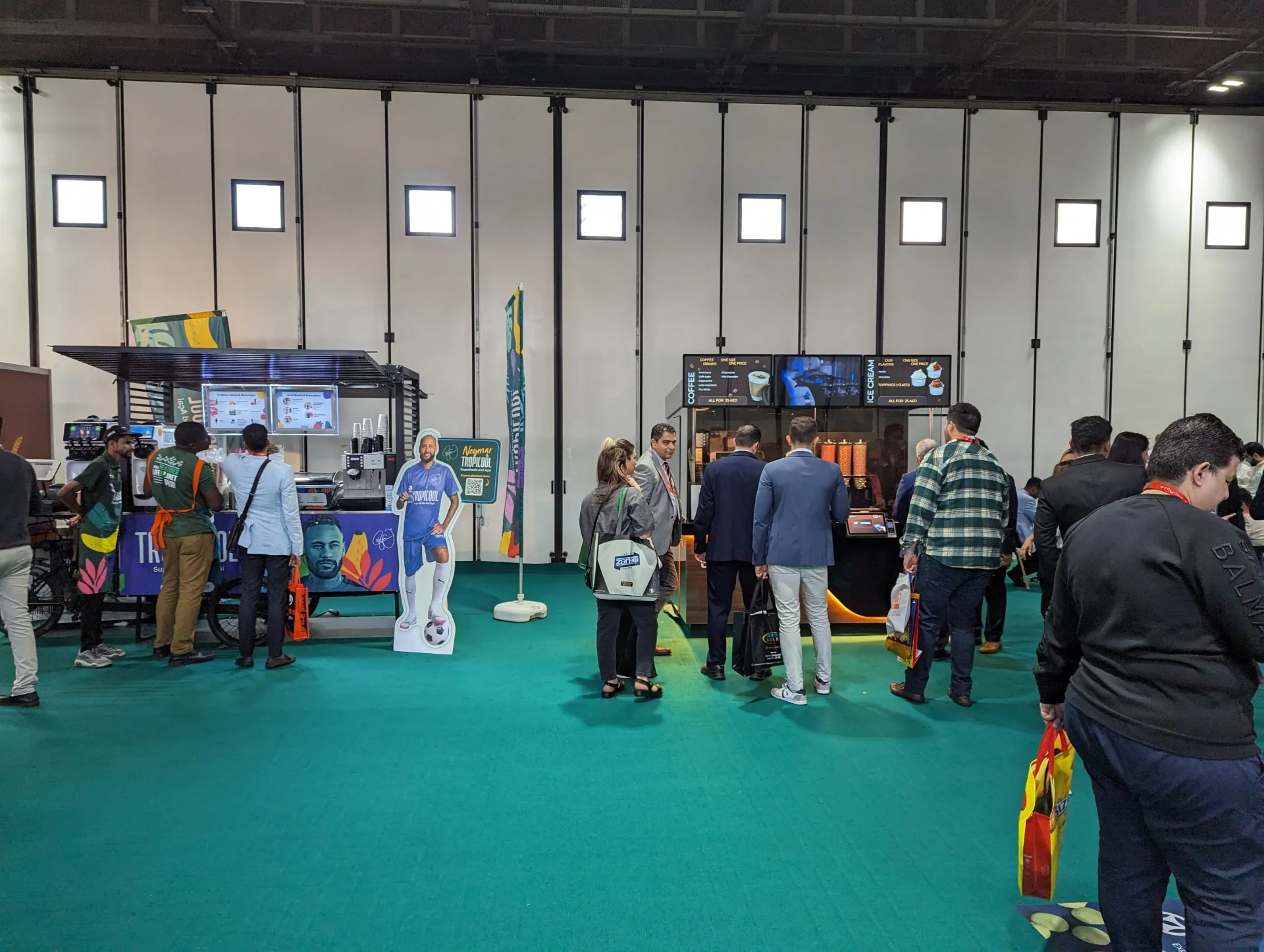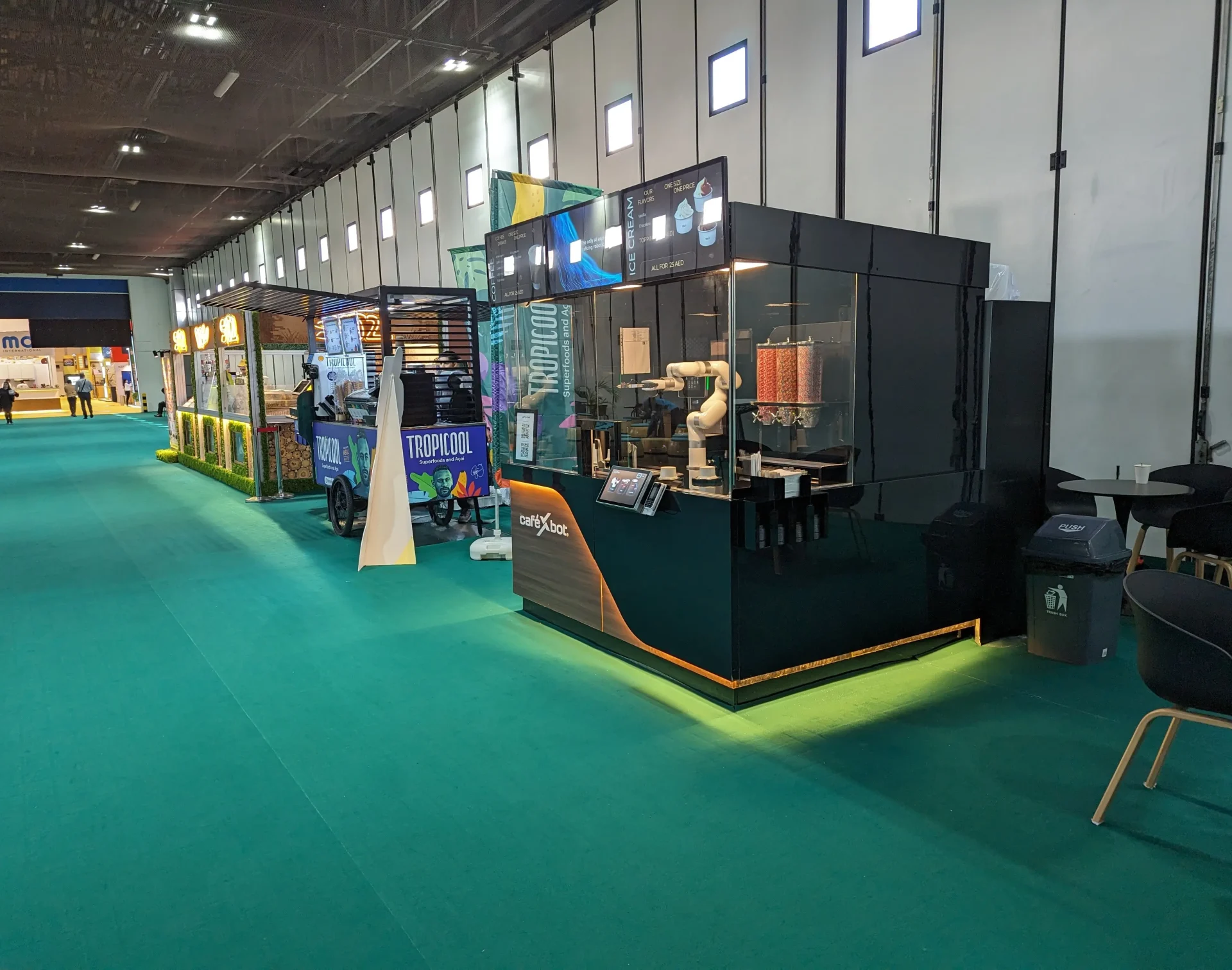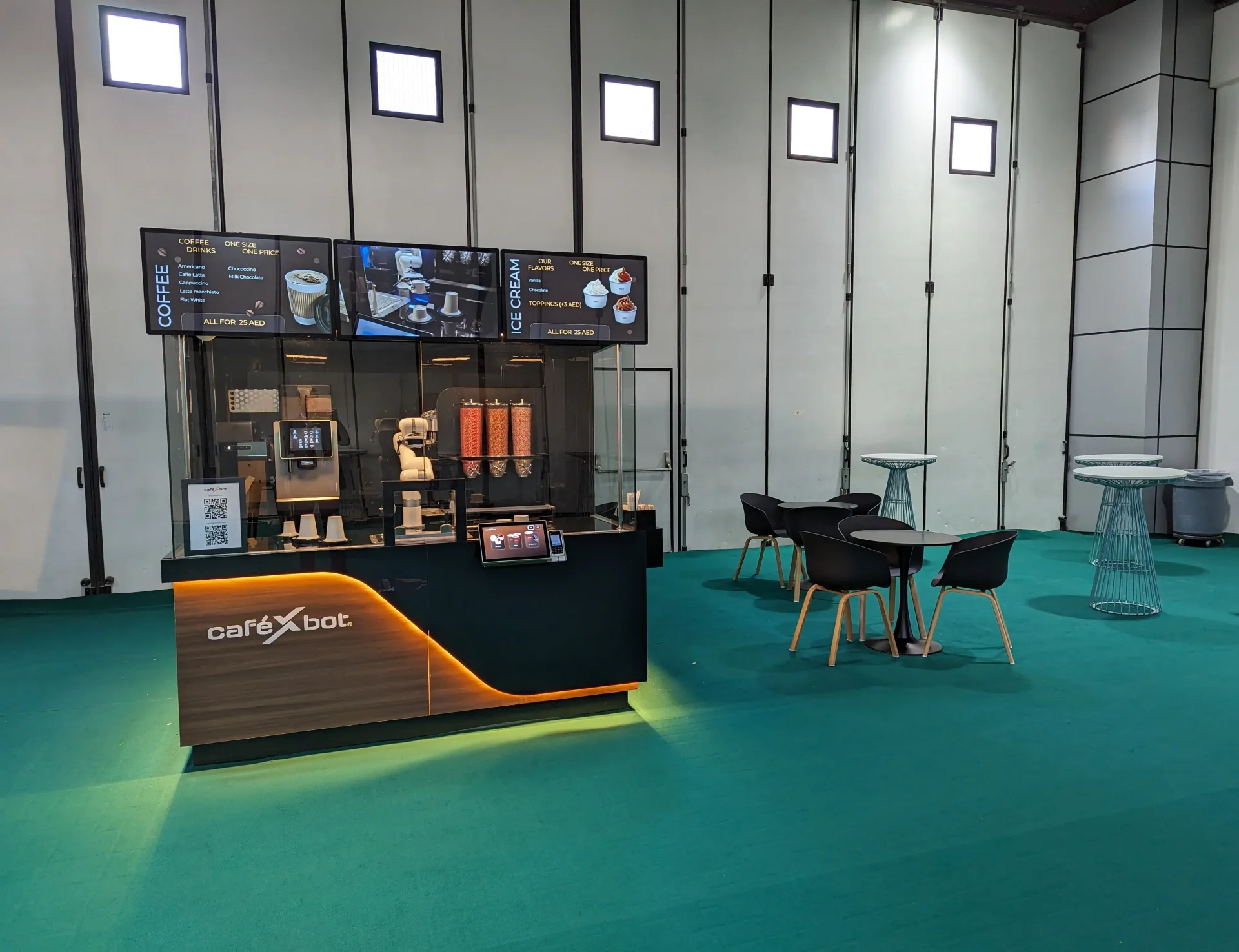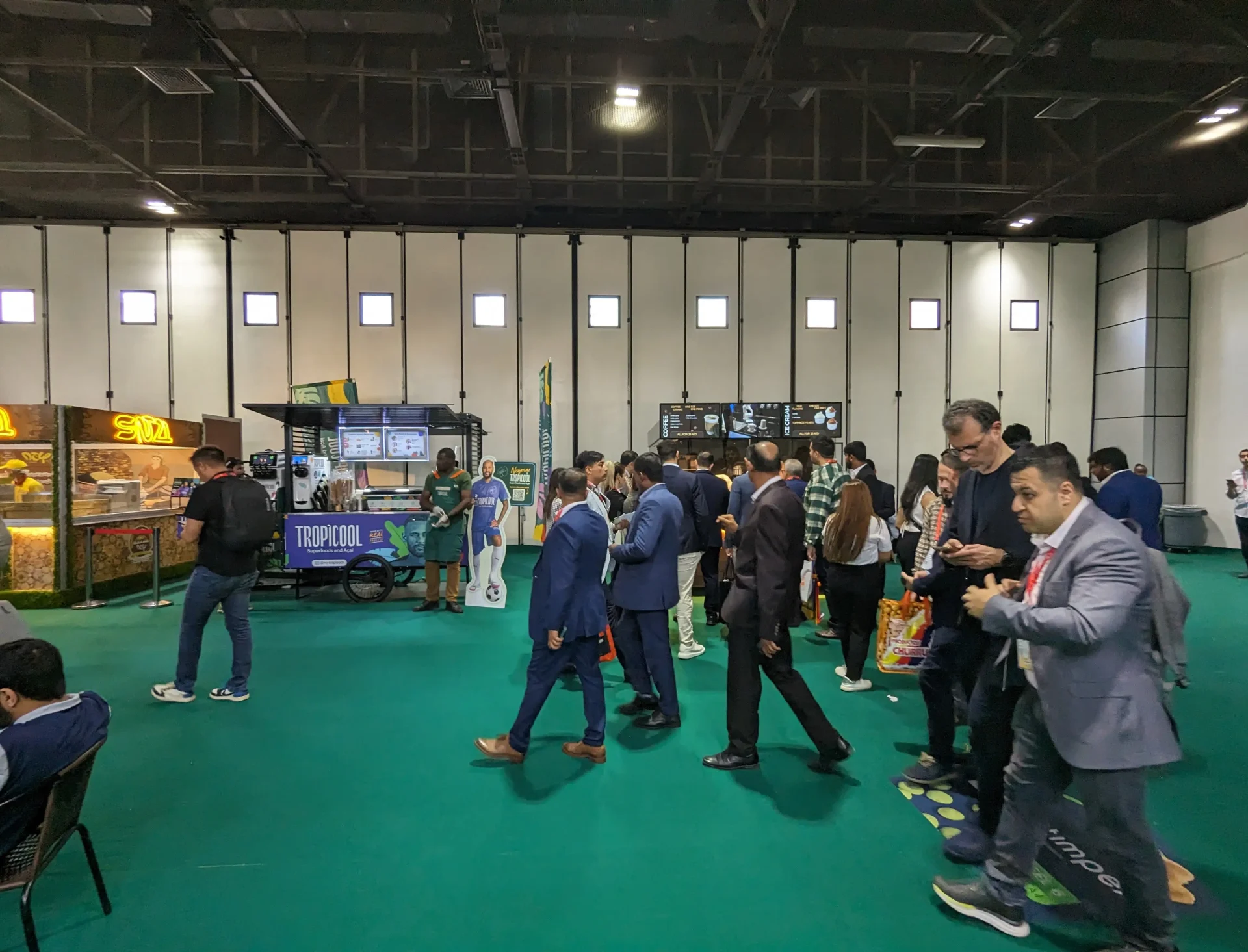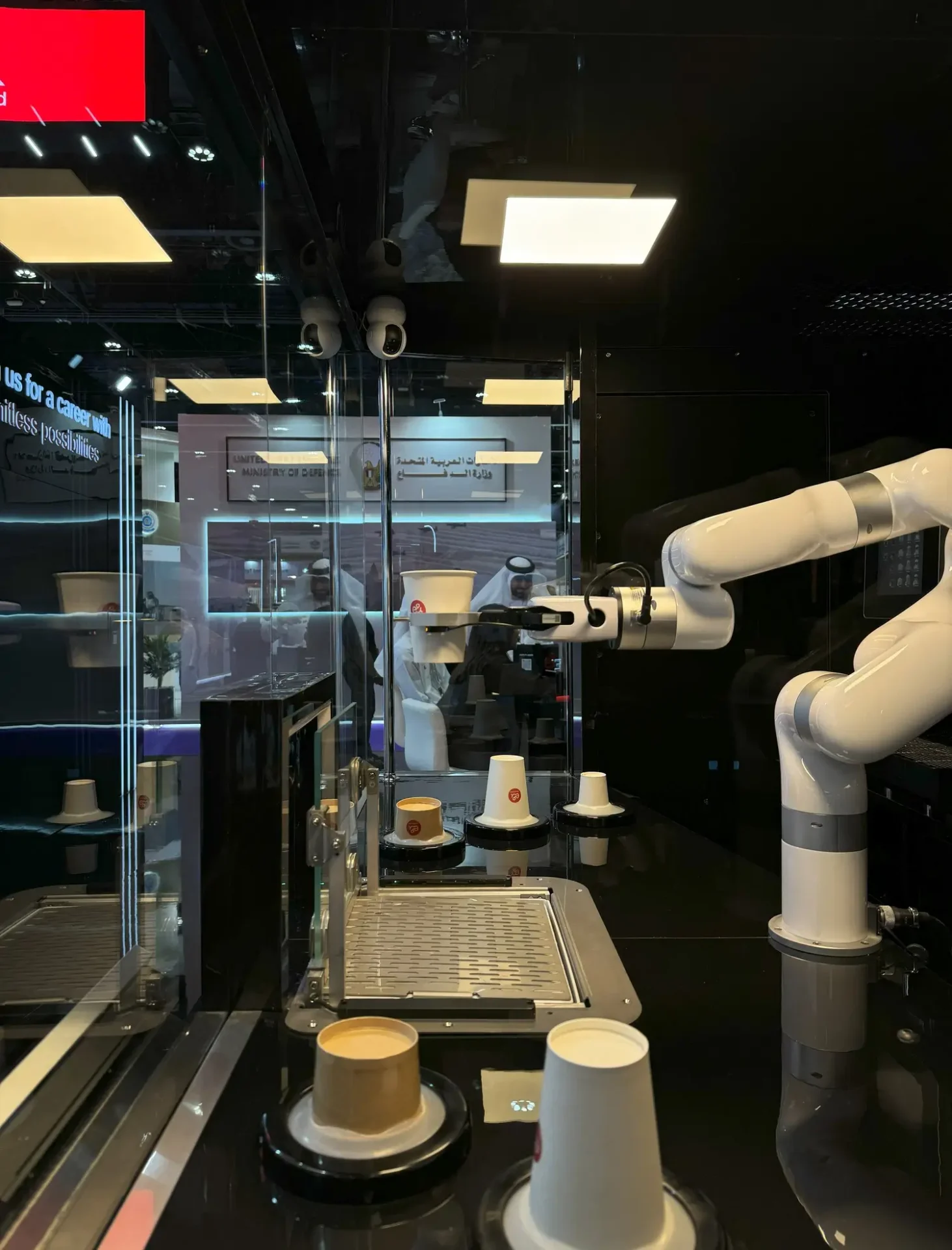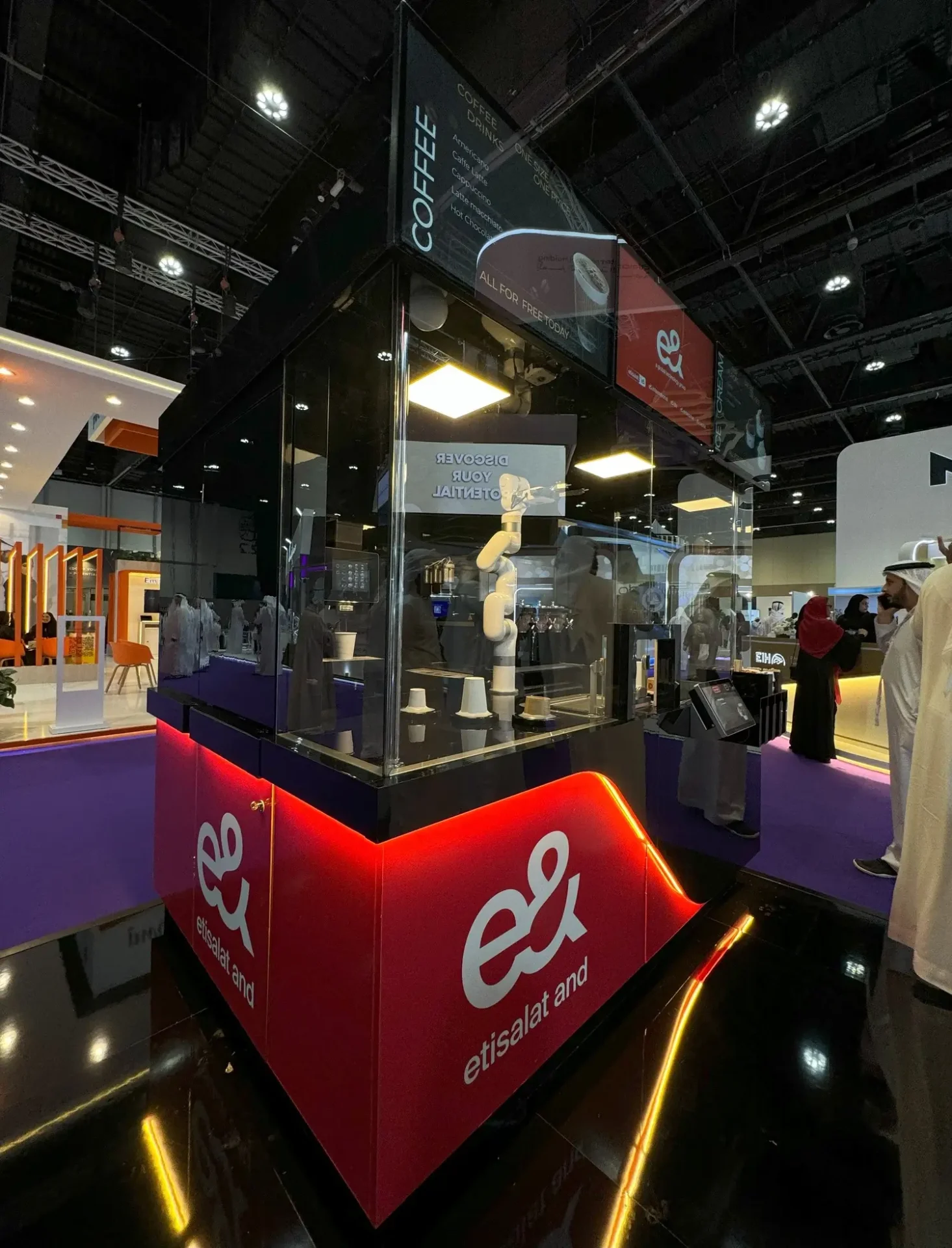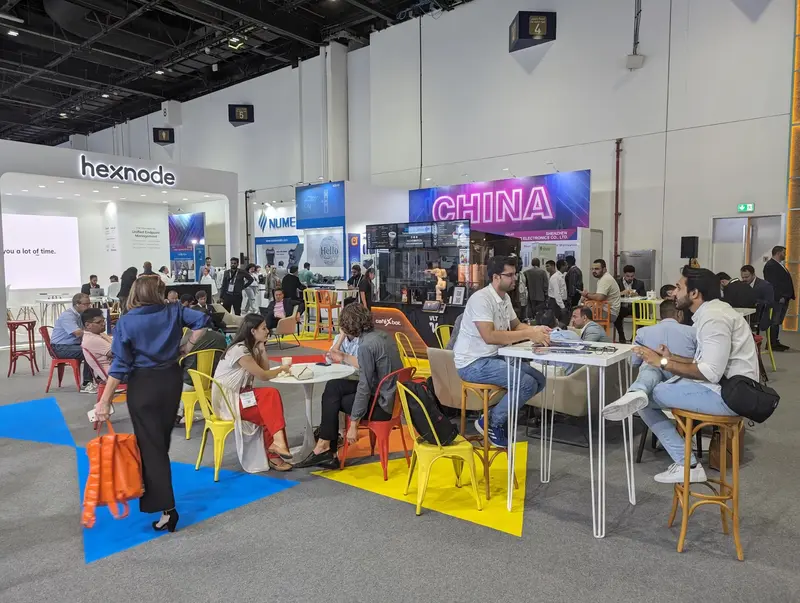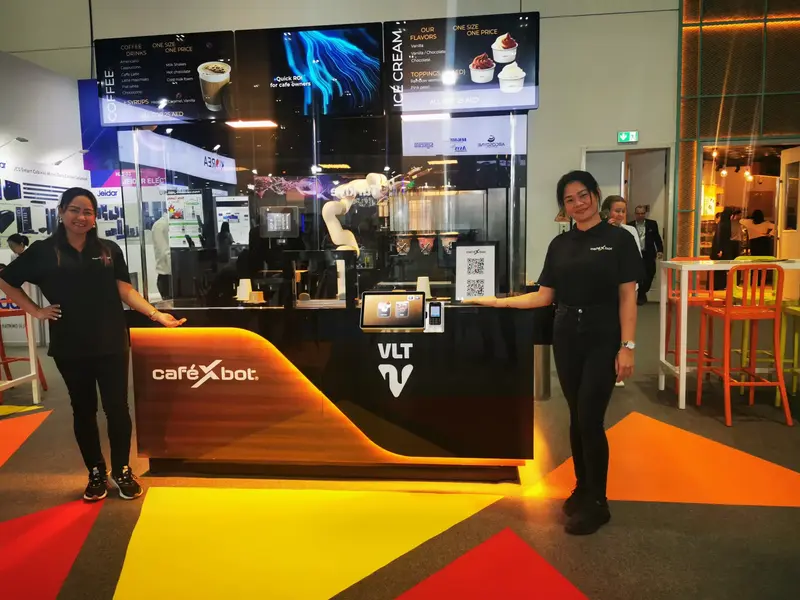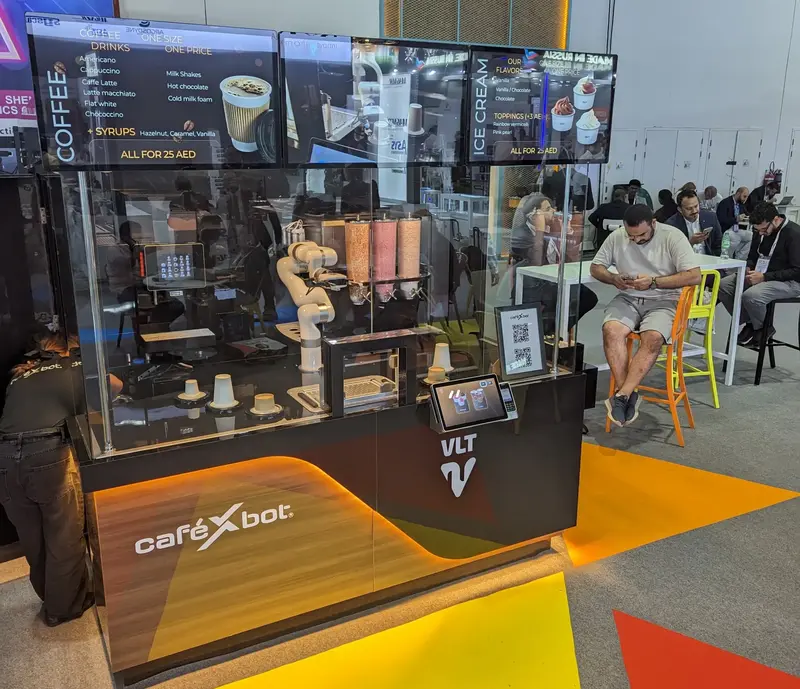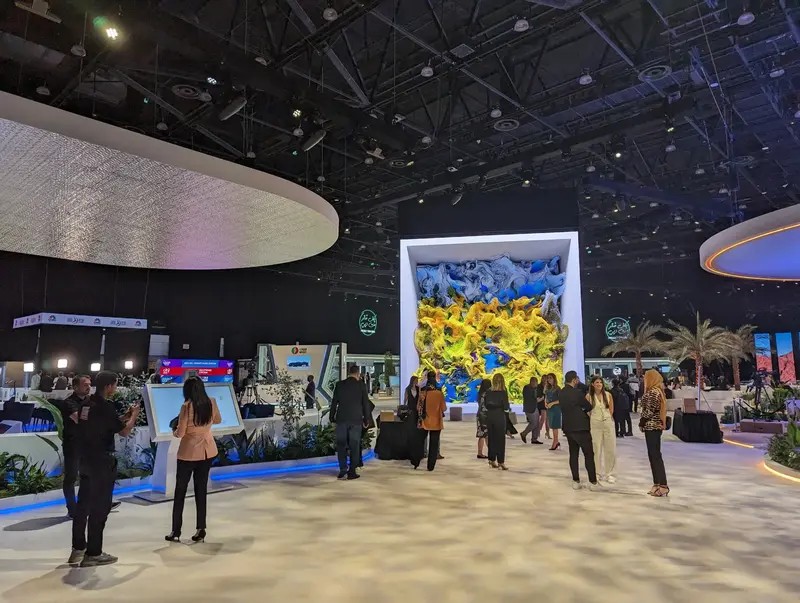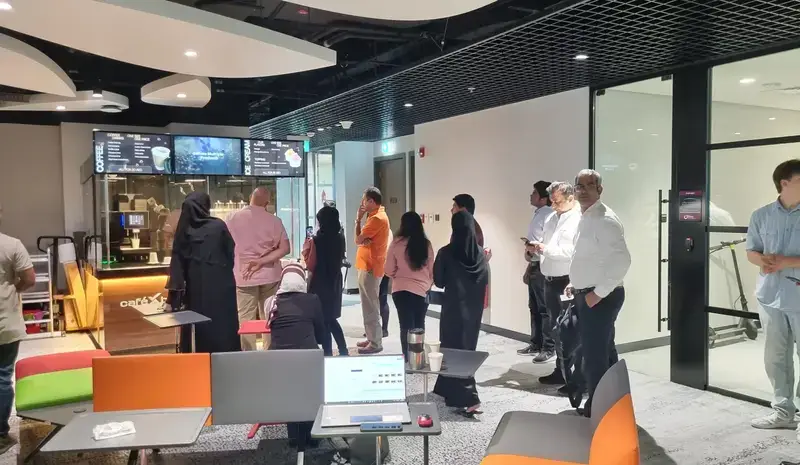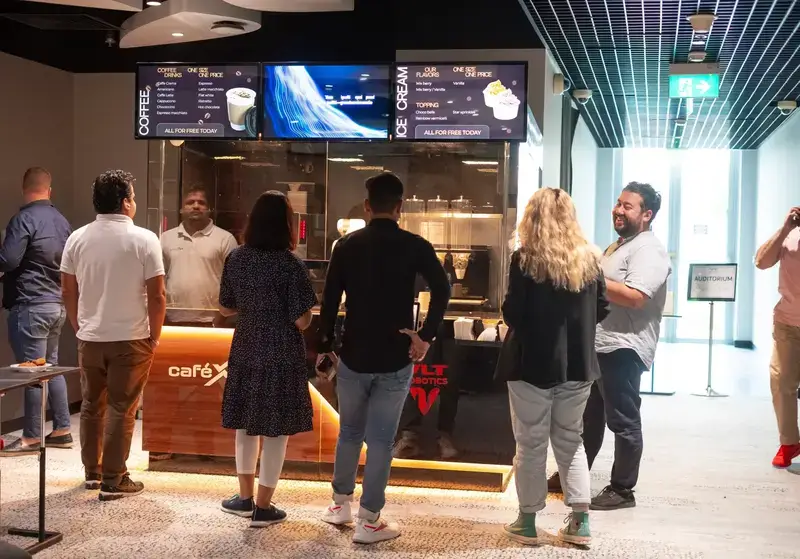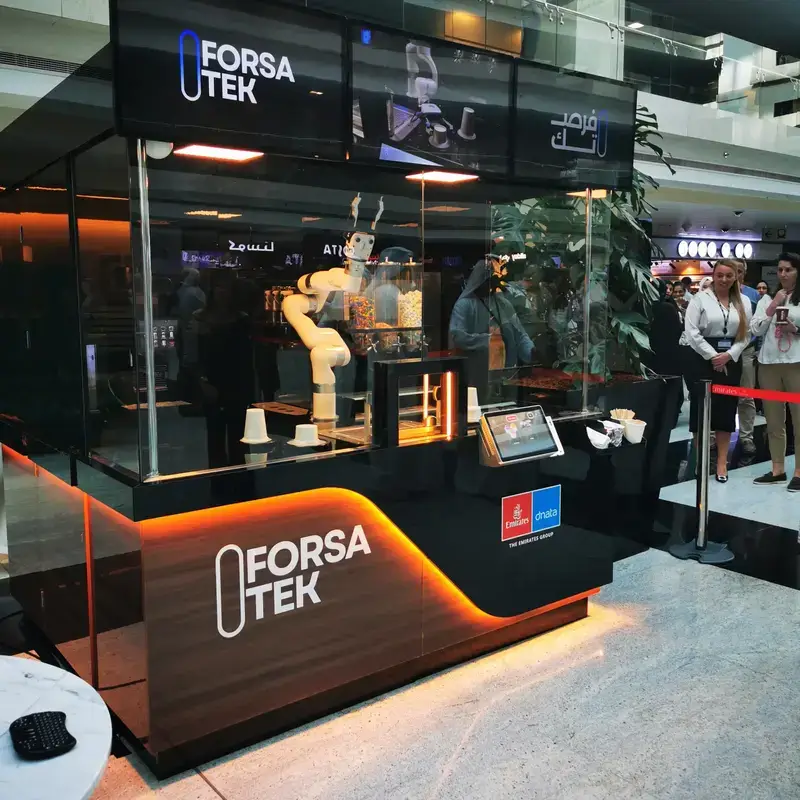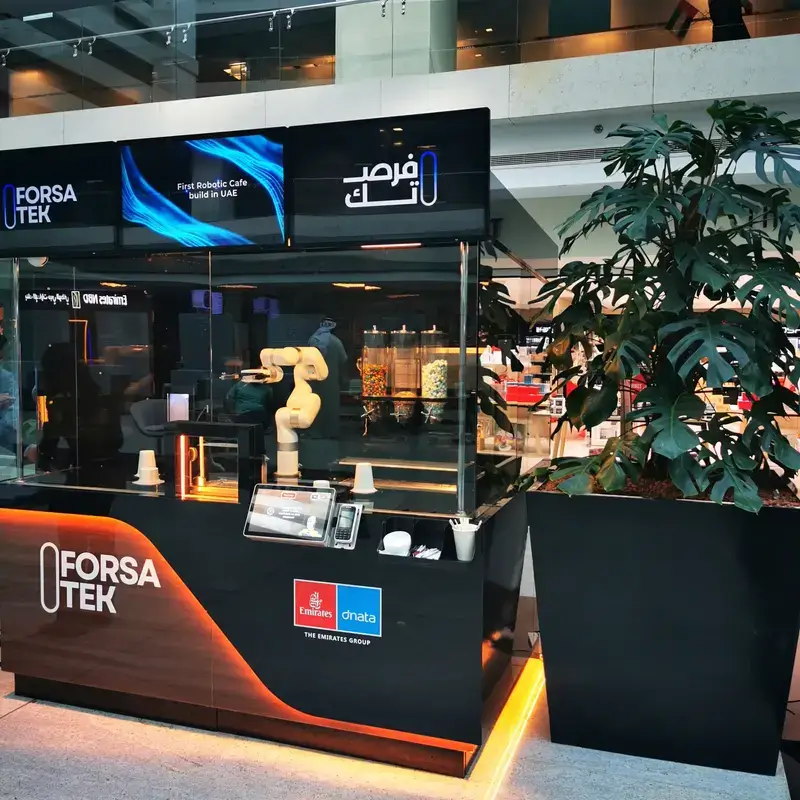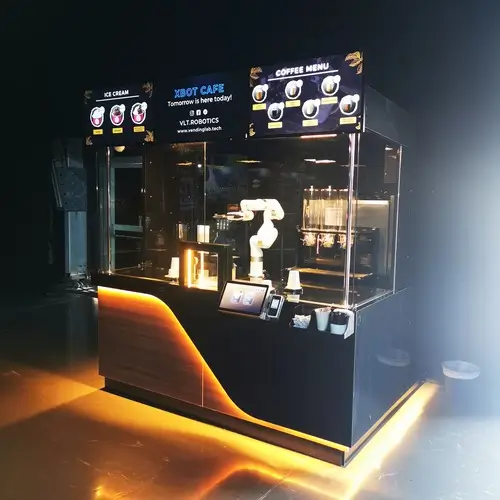
Crafting Excellence in Robotic Coffee Solutions: China’s Premier Barista for Global Taste
In the ever-evolving landscape of coffee production, the emergence of the "Robotic Coffee Barista" represents a revolutionary leap towards achieving excellence in both quality and efficiency. According to a recent report by Allied Market Research, the global coffee machine market is projected to grow from $6.32 billion in 2021 to $11.39 billion by 2030, underscoring the increasing demand for advanced coffee-making technologies. As China positions itself as a leader in this sector, the integration of robotics in coffee preparation not only enhances consistency and precision but also responds to the growing consumer preference for unique, high-quality brews. This blog will delve into the industry's production standards, explore the intricacies of robotic barista systems, and provide insights on how to effectively implement these advanced solutions for a global palate.
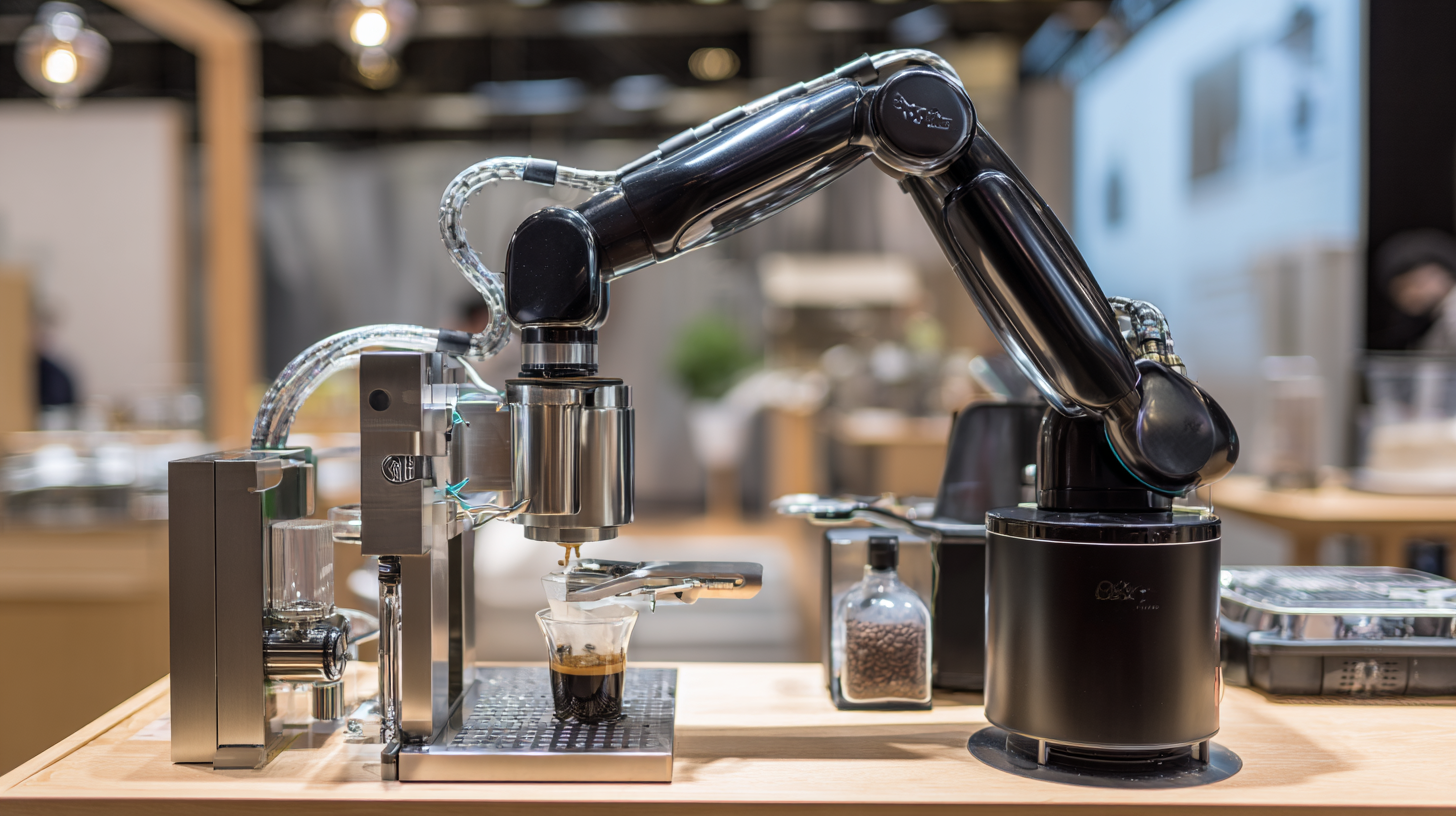
The Rise of Robotic Coffee Solutions in China’s Coffee Market
In recent years, China's coffee market has undergone a remarkable transformation, fueled by the increasing demand for innovative and automated solutions. According to a report by Fortune Business Insights, the global coffee market is projected to reach USD 102.15 billion by 2027, with the Asia-Pacific region, particularly China, driving much of this growth. The emergence of robotic coffee solutions is at the forefront of this evolution, catering to the rising expectations of consumers for convenience and quality.
Robotic coffee machines are gaining traction in China, not just for their technical prowess but also for their ability to craft a premium coffee experience. As per the China Coffee Industry Report 2022, establishments that incorporate automation in their coffee-making processes tend to see a 30% increase in operational efficiency. This shift not only streamlines the preparation process but also allows baristas to focus on enhancing customer interaction, thus enriching the consumer experience. With the continuous advancement of AI and robotics, China’s coffee industry is poised for a future that blends tradition with cutting-edge technology, appealing to a global palate that increasingly values both flavor and efficiency.
Innovative Technologies Driving Quality in Robotic Barista Systems
In the emerging landscape of the coffee industry, innovative technologies are playing a pivotal role in enhancing the quality and efficiency of robotic barista systems. As inflation pressures drive coffee shops to compromise on product quality and service, advancements in robotic brewing are addressing this crisis by providing consistent, fast, and cost-effective solutions. In Shanghai, for instance, the integration of Artificial Intelligence in robotic barista systems allows for precise brewing methods, ensuring each cup is crafted to perfection while maintaining affordability. According to market forecasts, the coffee machine market is poised to reach significant growth, reflecting the shift towards automation and technological integration in daily operations.
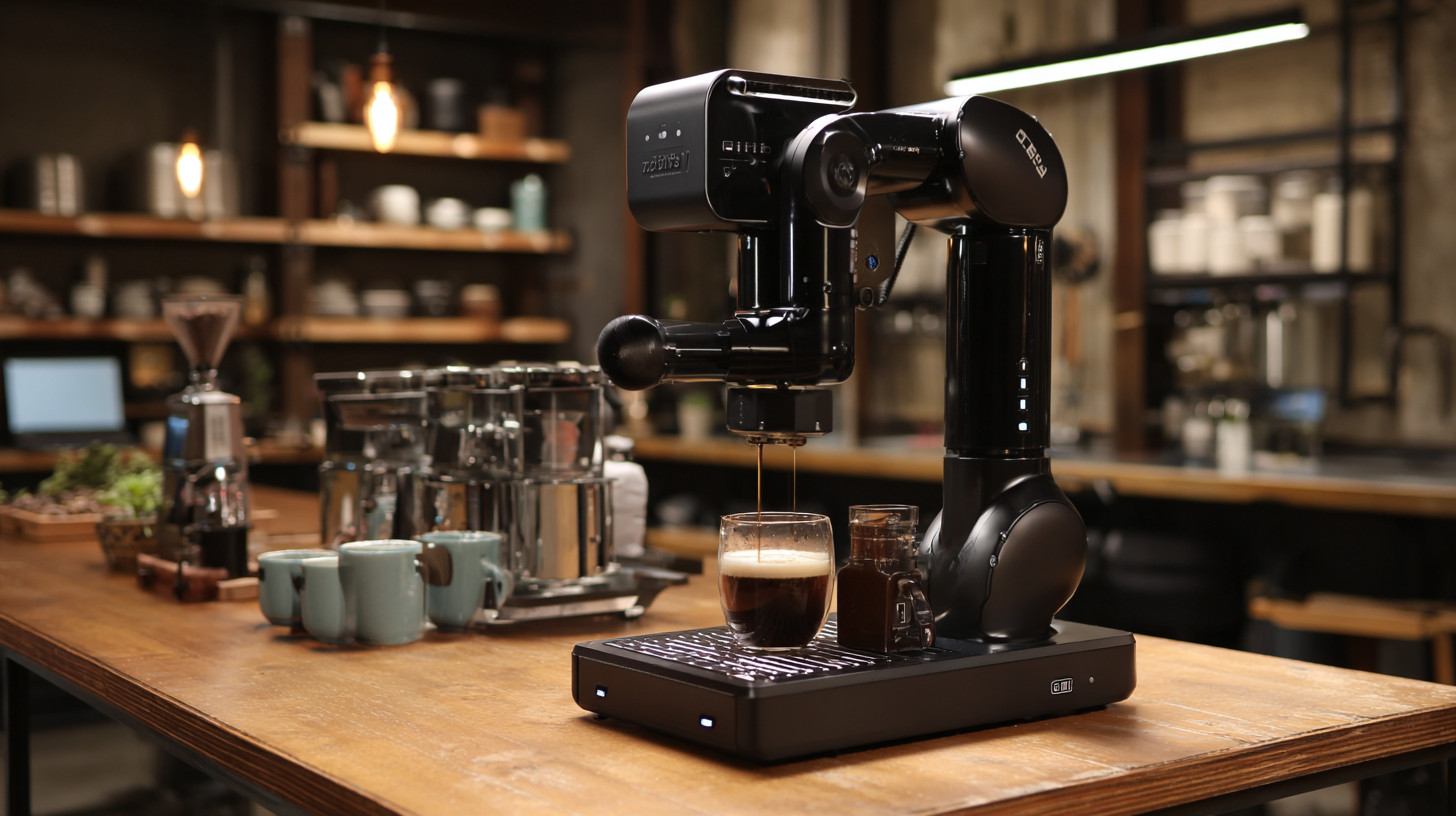
The rise of Industry 4.0 heralds a new era in which digital technologies and intelligent systems become essential in revolutionizing coffee production and service. Startups focused on developing AI-powered barista robots are attracting substantial investments, indicating a growing demand for high-quality, automated coffee solutions. Data reveals that over 70% of coffee farms are adopting precision agriculture tools, which not only enhance yield but also bolster sustainable practices. These technological advancements highlight a transformative shift in the coffee landscape, where robotic systems are set to redefine consumer experiences and elevate the standards of coffee quality globally.
Global Coffee Consumption Trends: Opportunities for Chinese Excellence
The global coffee consumption landscape is rapidly evolving, presenting significant opportunities for Chinese excellence in the industry. As the demand for fully automatic coffee machines is projected to reach USD 7.08 billion by 2033, there's a clear trend toward convenience and quality. This shift not only highlights China's potential in producing advanced coffee solutions but also underscores the importance of understanding global market demands.
To tap into this growing market, Chinese brands should focus on innovating their offerings while ensuring exceptional quality. One effective tip is to invest in research to understand consumer preferences in various regions. Additionally, partnering with local coffee experts can enhance product authenticity, catering to diverse taste profiles. This strategy can help bridge cultural divides and establish a strong foothold in international markets.
Moreover, effective marketing is crucial. Highlighting the craftsmanship and unique characteristics of Chinese coffee solutions can attract attention in a competitive landscape. Utilize social media platforms to showcase brewing techniques and quality ingredients, engaging potential customers effectively. Such initiatives not only promote brand awareness but also foster a community around the appreciation of quality coffee.
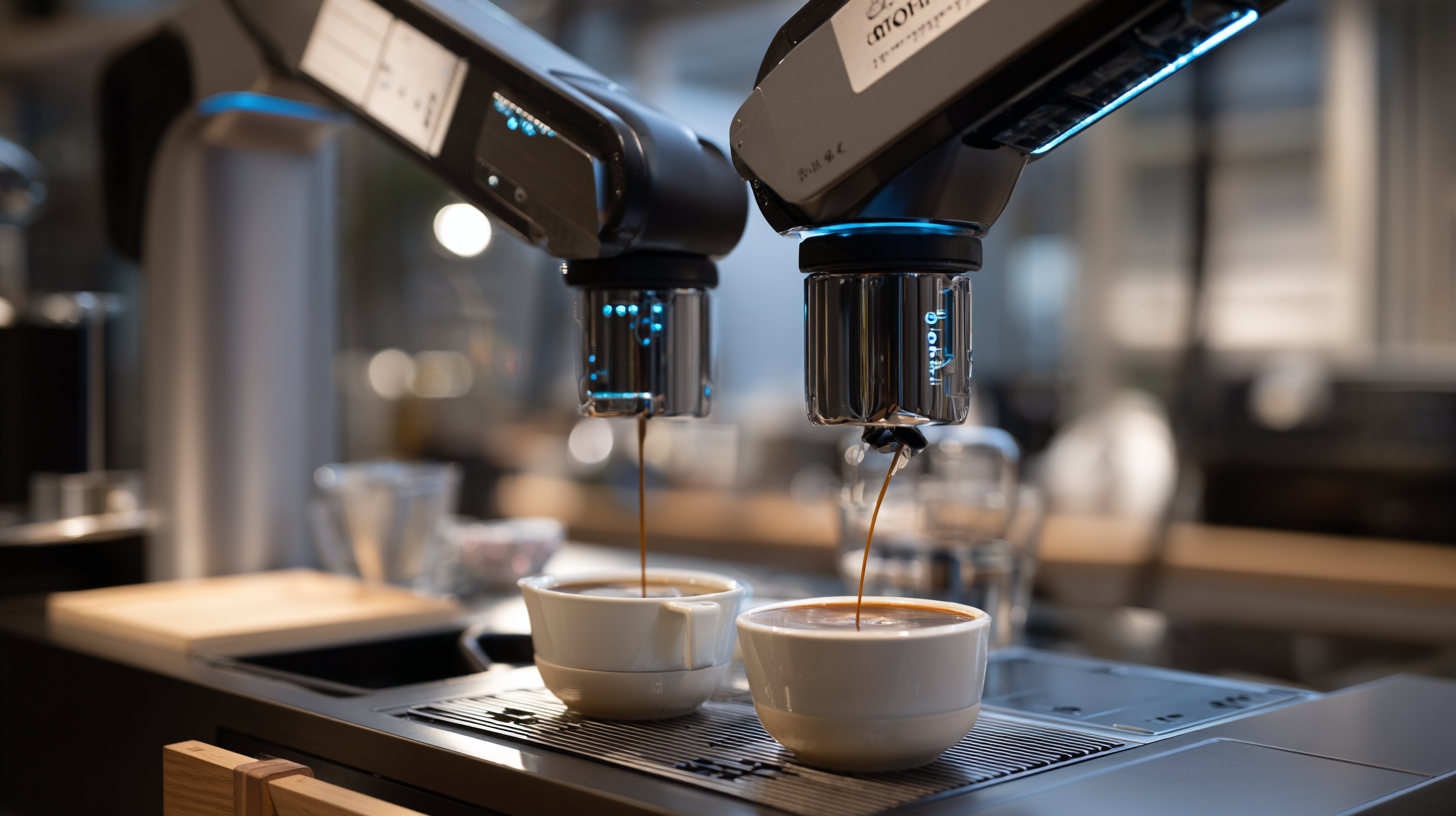
Competitive Analysis: How China’s Robotic Baristas Compare Globally
As the global demand for automated solutions surges, China's robotic barista market is quickly rising to the forefront of this innovation wave. According to industry insights, the global robot barista market is anticipated to expand significantly, with projections indicating a substantial increase from USD 31.86 billion in 2025 to USD 190.8 billion by 2035, marking a remarkable CAGR of 19.6%. This growth highlights the sophisticated technology behind robotic coffee solutions, particularly in commercial establishments and retail outlets.
In this competitive landscape, China excels by embracing cutting-edge technology to enhance user experience and operational efficiency. With fully automated and semi-automated robotic solutions emerging as popular choices among consumers, China's robotic baristas are engineered not only to meet but to exceed global standards of coffee-making excellence. The fusion of culinary expertise with advanced robotics positions China as a formidable player, setting benchmarks for quality and innovation in the coffee industry. As the nation leads in several technology sectors, its advancements in robotics indicate a bright future for coffee enthusiasts worldwide seeking quality and convenience in every cup.
Customer Preferences and Quality Standards in the Global Coffee Industry
In the dynamic landscape of the global coffee industry, understanding customer preferences is paramount. As consumers increasingly seek wellness and convenience, brands are adapting their offerings to align with these trends. This shift has sparked innovation across the sector, leading to the development of new products and services that cater to diverse tastes and lifestyles. Premium experiences have become a focal point, prompting coffeehouses to explore unique blends and sophisticated brewing techniques that enhance the overall consumer experience.
The rise of specialty coffee culture illustrates the growing demand for quality standards among consumers. Today’s coffee enthusiasts are not only looking for great flavor but also for transparency in sourcing and brewing methods. This has created a competitive environment where brands must elevate their quality benchmarks and engage customers through authenticity. As markets evolve, those companies that successfully resonate with emerging consumer values—focusing on health, quality, and unique experiences—are likely to thrive in this vibrant industry while shaping the future of coffee culture worldwide.














